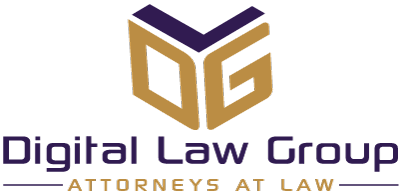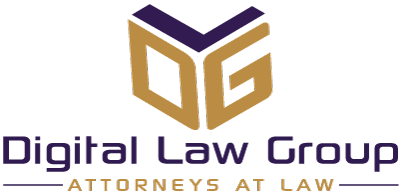Although we seem to be surrounded by products stamped with “Made in China,” many Americans believe that products made in the United States are of higher quality. Additionally, a 2017 survey by Reuters found that nearly 7 in 10 respondents thought it was important to buy American-made, with over 20% of respondents indicating they would be willing to pay up to 10% more for those products. These figures may be even higher now due to the current administration’s “America First” policy and goal to increase American manufacturing. As such, it is no surprise that companies want to capitalize on the “Made in America” ideal, without paying American manufacturing rates.
Case in point, Georgia-based distributor of water filtration systems, iSpring Water Systems LLC, has been accused by the Federal Trade Commission (FTC) of making false claims that its products are made in the United States, when they are, in fact, made entirely in China. Astoundingly, this is not the first time iSpring has attempted to profit off of the American name, as the current mislabeling is actually a violation of a 2017 FTC order prohibiting iSpring from making unqualified “Made in USA” claims for its products.
As part of the FTC settlement, iSpring has agreed to pay a $110,000 civil penalty, admit that it, along with its company owner and officer Zhuangyong Chen and vice president Pearl Cai, made false claims that the water filtration systems it sells are “designed and crafted in USA,” among other claims, and to notify all impacted consumers.
Some might be surprised to learn that the rules regarding product origin claims are not so black and white, and are governed by both the FTC and the U.S. Customs Service. For example, where an imported product incorporates materials and/or processing from more than one country, Customs considers the country of origin to be the last country in which a “substantial transformation” took place. Thus, a product with parts from say Mexico or Canada, may, under certain circumstances, be marked “Made in USA.” The FTC offers some guidance in this regard; however, product marketers and distributors should speak to a qualified attorney prior to making country of origin claims; especially if that country is the United States.


